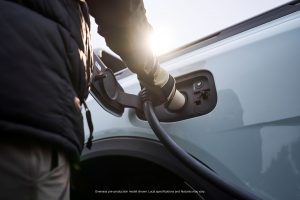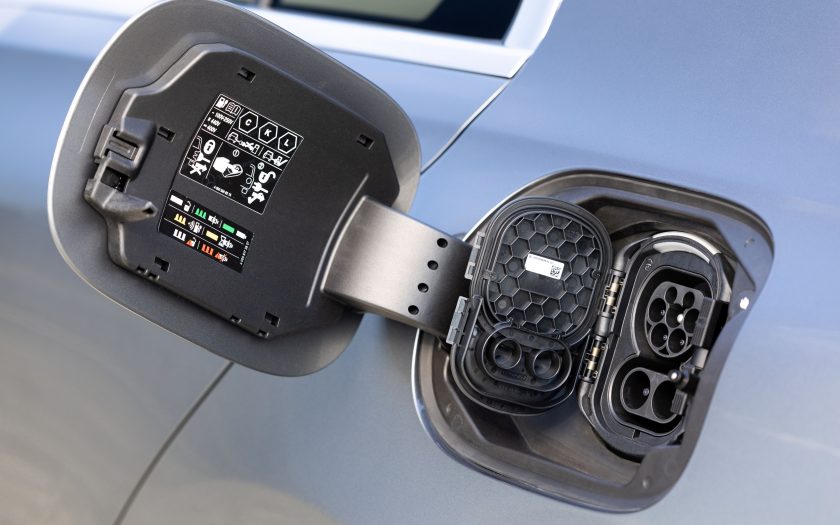HAD THE COALITION WON the recent election, the end of big tax breaks for electric cars was almost certain.
The FBT (Fringe Benefits Tax) concessions on plug-in hybrids came to an end last month (April). But for all other brand new EVs, attractive incentives continue to apply.
Some employers allow their staff to salary-package vehicles under a system known as novated leasing. Where the benefit comes in is that the employer pays for financing and the costs of operating the vehicle, then recoups these costs by taking it out of the employee’s pay.
This means that part of the vehicle cost can be paid using pre-tax dollars. The ratio is usually 50 percent pre-tax income and 50 percent post-tax income. If the whole cost of the vehicle was to be paid using pre-tax dollars, then FBT applies, removing the benefits of salary packaging.
The reason for the introduction of the FBT exemption, introduced by the Labor Party from July 1, 2022, was to stimulate the sales of EVs and was made available for all EV purchases up to the luxury car tax threshold (currently $91,387).
What that all means is that if you buy an EV costing less than $91,387, all the financing and operating costs can be paid using pre-tax income, and since those on high incomes are paying 47 percent tax, financing an EV using a novated lease makes eminent financial sense.

People haven’t been slow to see the benefits, and the EV FBT exemption has cost the government a staggering 10 times more than was forecast.
It isn’t all peaches and cream. There is considerable opposition to the privileged position enjoyed by EVs. Many in the Coalition object to EV owners avoiding the 50.8c a litre fuel tax excise (because they don’t buy fuel) and believe they should pay a levy to use the roads. When the Victorian government attempted to impose an EV road charge of its own, the High Court ruled that only the federal government could impose such a levy.
Now that he’s back in power, the Prime Minister will need to decide whether or not to demand EV owners pay their fair share of road costs through a user-based road charge.
EVs are now approaching 10 percent of new car sales in Australia. It’s a combination of incentives, and the steadily reducing price of new EVs (you can now buy a Chinese-built EV for as little as $35,000).
So the tax breaks will stay in place for the time being, but the introduction of road usage charges is looking increasingly likely. As always, swings and roundabouts.
